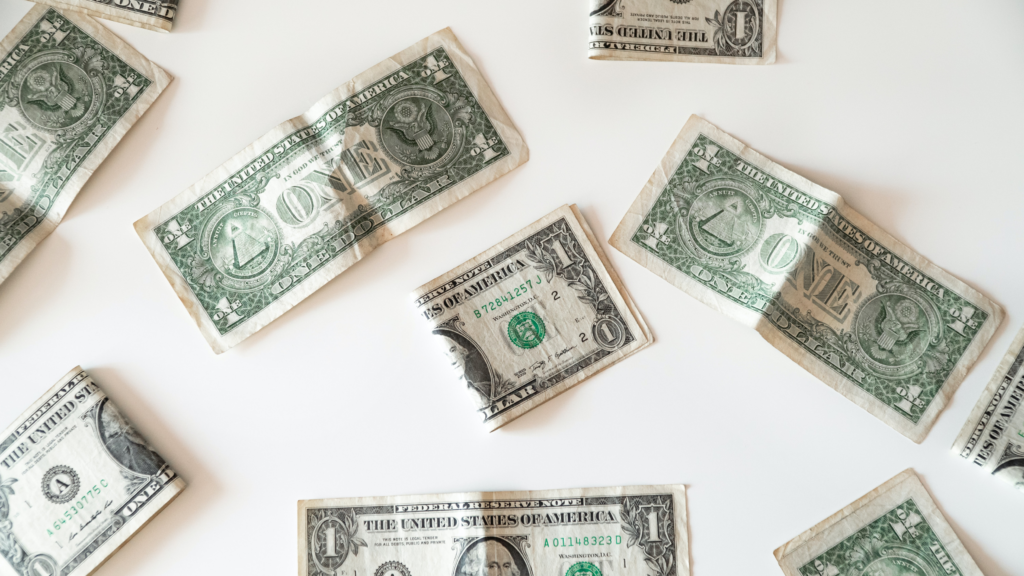
How to Create a Budget for Beginners | When I moved out at 17, I had a clear picture in my mind of the glamorous life I would live. A new wardrobe, Pinterest-worthy apartment, and daily coffee runs were the foundations of this plan. Alas, I learned very quickly that overestimating lifestyle & under-budgeting income don’t work well together.
It took me a long time to learn how to create a budget. An effective budget should cover your expenses, financial goals, and allow for some unpredictability. Budgeting for beginners can feel like an overwhelming task, but there’s a lot of great resources available to you. I highly recommend this book from Dave Ramsey on financial management.
If setting a budget is new to you, here are some key tips to read over before we get started:
This post contains affiliate links. If you choose to purchase items through these links, I may receive a small commission at no cost to you.
Be realistic with your budget
When I was starting out, I made the mistake of severely underestimating how much I spent in different areas. While yes, cutting back is important, and essential — be realistic with how much you’ll actually be able to. If daily Starbucks is something you won’t give up, fine, but own it, and plan accordingly.
BEST practice would be to do a test month before making your budget — track your expenses and just see how much you spend where to get a good starting number.
Set financial goals
If you ask me, setting goals for any area of life is a great idea, but financially, it’s huge. Whether you’re looking to pay off debt, buy a home, or go on a vacation, set goals for where you want to be. Dedicate a certain amount each month to your savings fund, and remember what you’re working towards. It’ll be a huge help in motivating yourself to stick to your budget.
Be willing to sacrifice
When you budget your finances, it’s usually a bit of a wakeup call for areas where you may be spending more than is wise. Particularly if you’ve got big financial goals, you will likely have to reign in your spending a bit.
This is exactly why setting goals is key — you need to remember why you’re doing what you’re doing, and make sure your priorities are true to the kind of life you want to live. (I talk about this alllll the time on the blog haha so if you want more intentional living content, I gotcha here.)
After spending some time finalizing where you want to be, it’s time to actually create your budget!
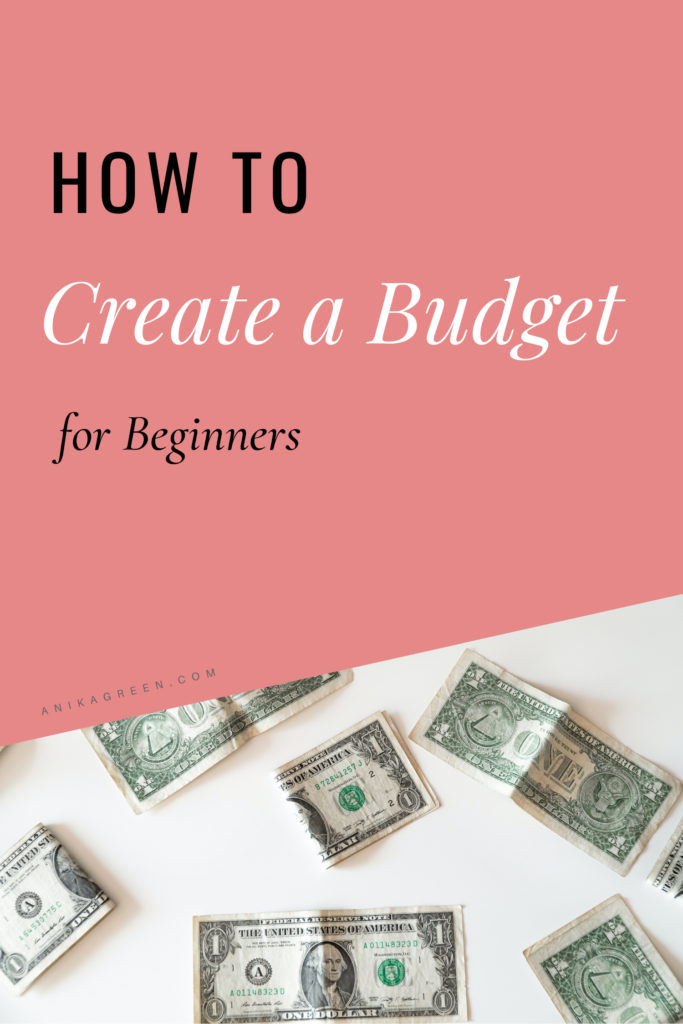
How to Create a Budget for Beginners
Non-Negotiable Budget Expenses
Your non-negotiable expenses are the same (more or less) every month. They’re the can’t-live-without, non-flexible rates. These need to be first priority when planning your budget — if you can’t pay your rent, your date night budget really doesn’t matter. I’d generally categorize non-negotiable expenses as the following:
- Rent
- Phone bill
- Utilities
- Car insurance
- Savings
- Student loan payments
- Tuition
Treating a savings fund as a non negotiable expense is key to financial success. It’s easy to feel like your future is a million miles away, and you have lots of time to save — but starting now is a much better plan. The more you save now, the more you accumulate, the more you’re set up for whatever life throws at you.
Figure out what these costs will be, and make them your first priority. When you get paid, check off all of these boxes first.
Flex Budget Expenses
Okay, next up — flex expenses. These are still needs, but their amount is subject to change, and there’s some flexibility where you may be able to save.
- Groceries
- Gas
- Toiletries
- Household supplies
#1 tip for cutting down on flex expenses is to do your research. Don’t just buy whatever seems convenient. For groceries, learn to meal prep! Invest in a slow cooker or instant pot and figure out how to cook healthy meals for cheap prices on a regular basis (watch your grocery bill slash in half overnight, I swear).
Gas prices are always going to change, and for the most part, you probably don’t have a lot of control over them – but if you really need to save this month, take the freakin bus. Do whatever you gotta do.
Saving on toiletries & household supplies really just comes down to creativity. DIYing household cleaners is something I’m a big fan of, largely because they work super well, are non-toxic, and are really inexpensive. You wouldn’t believe just how much vinegar & baking soda can do all on their own. Buy more reusable things and try to avoid one-time use purchases. Not only is it better for the environment, but you’ll save a lot in the long run.
These expenses are usually not the big-hitters. They don’t feel like a lot in the moment to pick up, but over time, you can waste a lot of money on things you don’t need and won’t use. Giving yourself set amounts each month for these categories will force you to rein in any excess spending and hold yourself accountable to the budget you’ve created.
Negotiable Budget Expenses
Finally… negotiable expenses. These categories will depend largely on your lifestyle and just how much you’re willing to give up.
- Eating out/Coffees
- Date budget
- Fun money
- Clothes/shoes/shopping
Eating out & grabbing coffees with friends can add up fast, particularly if you’re not careful, so putting a number on what you’re willing to spend is a really powerful tool. You don’t necessarily have to eliminate categories, but make sure you monitor these ones.
If you’re in a relationship, set a date budget. I can’t stress enough how important it is to set aside time to just enjoy being with your partner, and planning ahead is a key part of that. This might be a conversation you have with them — deciding together what you want to spend per month and finding ways to spend less and have fun. (You don’t have to go crazy! Chip in $20 each and buy a new board game each month, do McDonald’s ice cream dates, find free/cheap museums or galleries to check out, or find more date ideas here.)
The world of finance can feel daunting, scary, and overwhelming — but starting out with a clear and simple budget is a fantastic way to start. It’s never too late to start taking responsibility for your life.
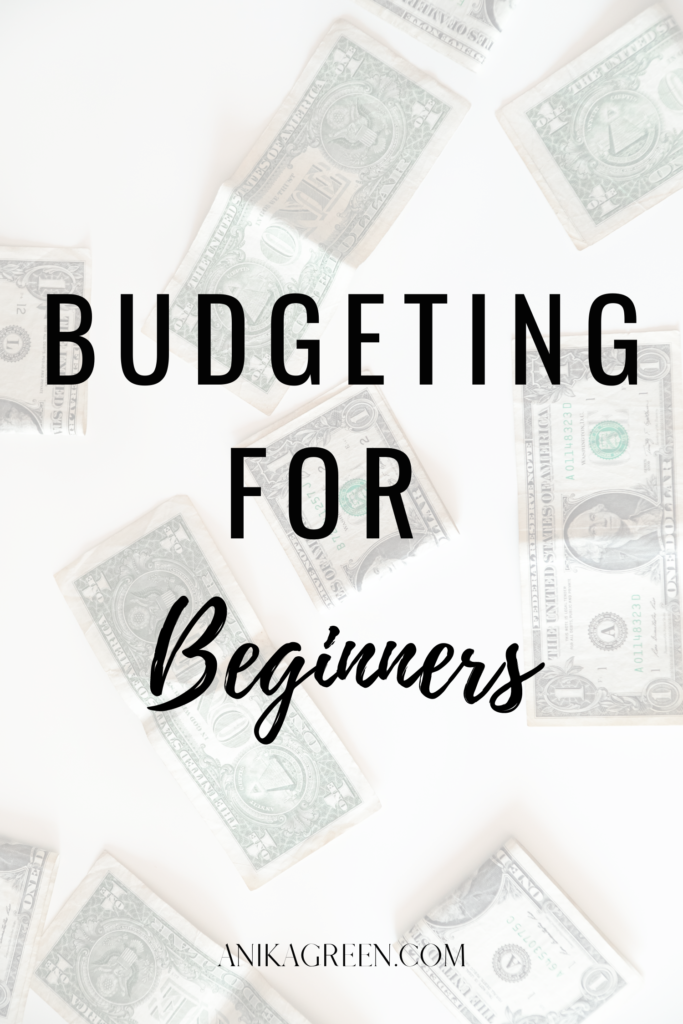
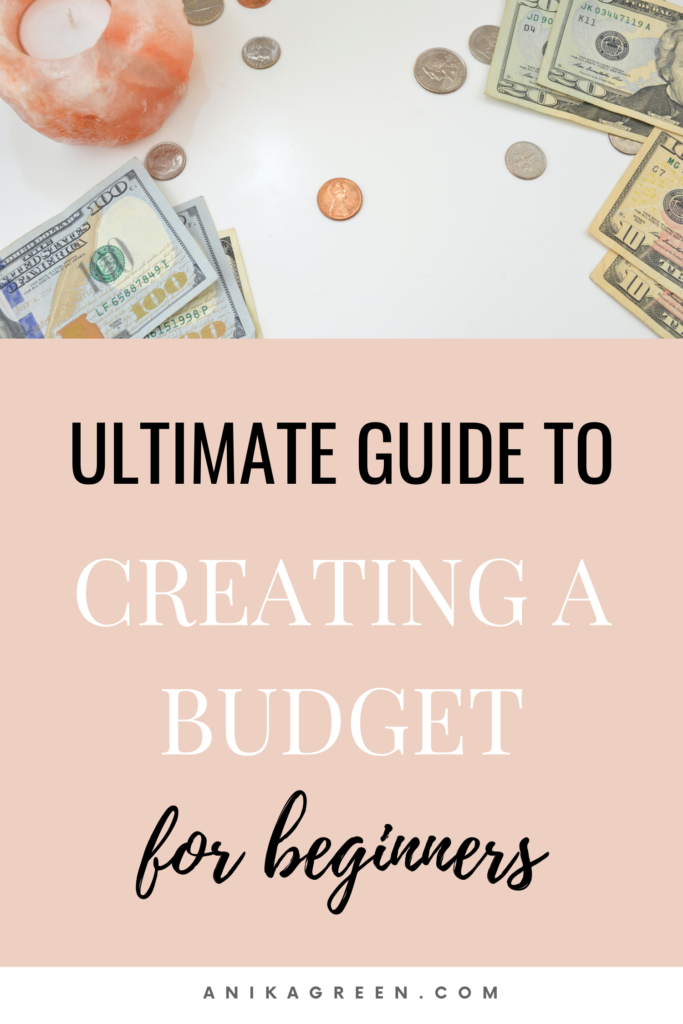
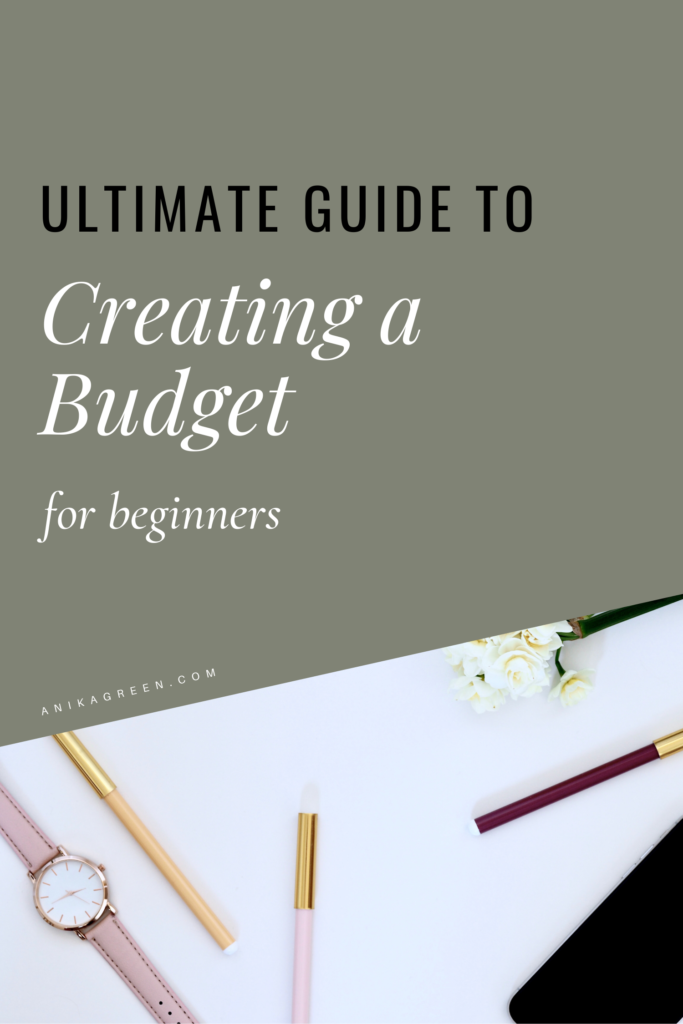
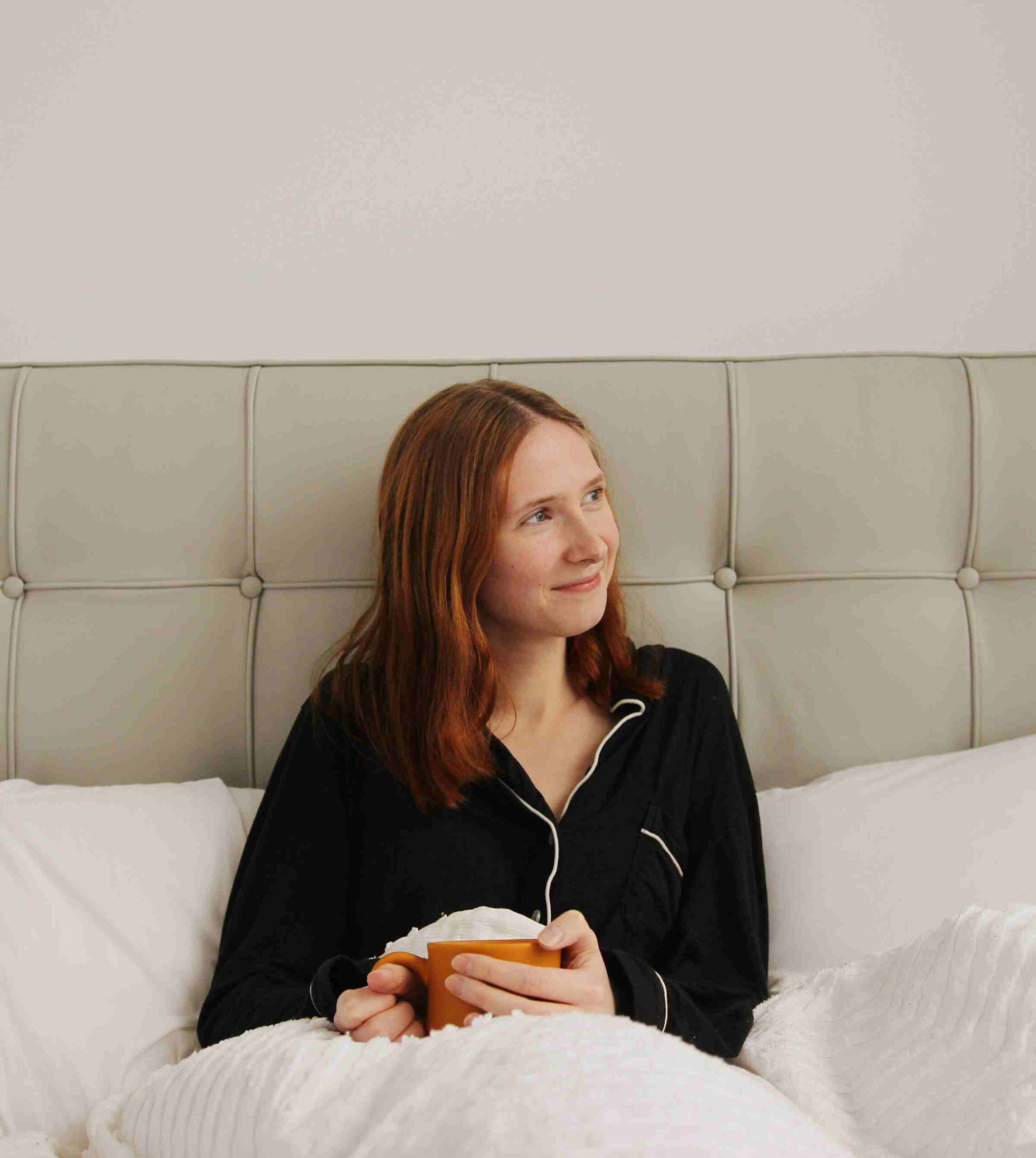
Comments Off on How to Create a Budget for Beginners